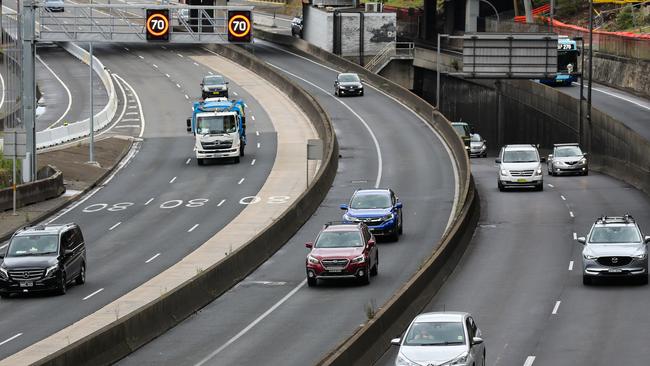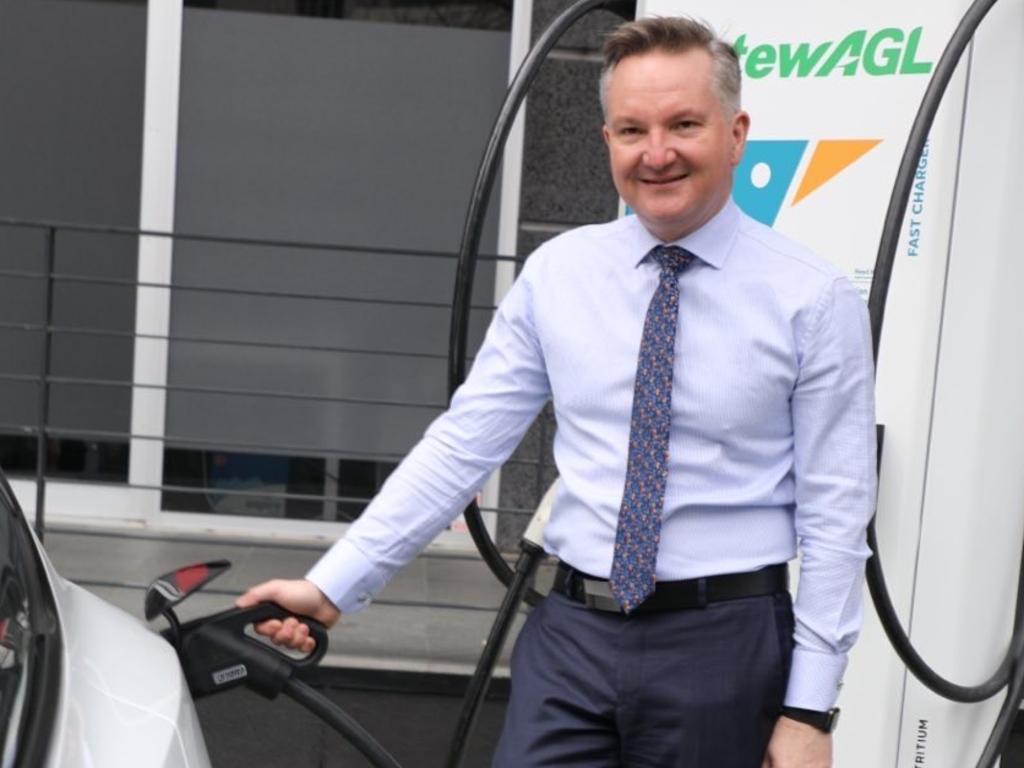Thai alarm at Australia’s fuel efficiency standard
Thailand is set to raise concerns over Labor’s new car pollution standards at the ASEAN conference in Melbourne this week, as manufacturers face $639m in penalties.

Thailand is set to raise concerns over Labor’s new car pollution standards at the ASEAN conference in Melbourne this week, with Australian manufacturers facing $639m in penalties for vehicles that have been produced in the Southeast Asian nation.
Analysis from the Federal Chamber of Automotive Industries suggests that Australia is risking major international trade impacts through its new vehicle efficiency standards.
In the FCAI analysis, the impact of the NVES on manufacturers for vehicles produced in Thailand means Ford would pay nearly $216m in fines for its vehicles in 2025.
FCAI based the figure on 2023 sales and the proposed NVES fine of $100 per g/km that exceeds the government’s target, breaking down the penalties on cars built in Thailand for the top seven manufacturers.
Thailand is the second biggest exporter of vehicles into Australia – behind Japan – and manufactured 264,200 vehicles for the Australian market in 2023 alone.
Labor announced a proposed NVES in February, sating it would ensure that consumers would be offered more choices in vehicles by encouraging manufacturers to sell more fuel-efficient and electric cars.
In a meeting between Thai officials and Toyota executives on Thursday, Thai Industry Minister Pimpatra Wichaikul reportedly raised concern with the potential impact that Australia’s NVES could have on her country’s export market.
“It is planned to be enforced in 2025 and if this standard is enforced, it will affect the production of automobiles by entrepreneurs in Thailand and may cause exports from Thailand to decrease,” she said, according to a translation of a press release issued after the meeting.
“Currently, Thailand exports approximately 260,000 cars to Australia per year and Australia is the No. 1 importer of pick-up trucks from Thailand (48.25 per cent of the total pick-up truck imports).
“If the standards are enforced … there will be a high fine of up to $100/gram/kilometre.”
According to the FCAI, Toyota would accumulate almost $160m in fines for its Fortuner and Hi-lux, according to the analysis, while Isuzu would face $113m in fines for its D-max and Mu-x utes.
“While the federal government continues to ignore the evident price rises for consumers, it also fails to consider the potential international impacts of the proposed NVES,” FCAI chief executive Tony Weber told The Australian.
“More than 21 per cent of the Australian new vehicle sales are manufactured in Thailand,” he said. “The policy will not only impact manufacturers and Australian consumers – it is set to have major impacts on the trade, tourism, building, mining, and agricultural sectors.”

Ms Pimpatra said manufacturers had raised the alarm with Thailand’s Ministry of Industry and urged a transition period of “at least two to three years”.
“The Thai Ministry of Industry is not complacent and will present this issue to the Prime Minister who will travel to attend the ASEAN Summit in Australia,” she said.
Transport Minister Catherine King confirmed that the NVES would apply to all vehicles supplied in Australia, “regardless of their country of origin”.
“Car companies will be able to continue sourcing vehicles from any country they like, including Thailand, but will need to provide more choices to Australia of fuel-efficient vehicles, including efficient petrol and diesel, hybrid and electric vehicles, like they do overseas,” she said.








To join the conversation, please log in. Don't have an account? Register
Join the conversation, you are commenting as Logout